
Worldwide conflicts dominated headlines in the past few years: Russia-Ukraine, Israel-Hamas, Yemeni insurgents — and the list doesn’t end here. While such friction greatly alarmed the public, readers of Tim Marshall experienced a different kind of shock, for the author successfully predicted such conflicts through his books years before they shook the world.
Marshall’s bestseller Prisoners of Geography delves into past and ongoing geopolitical and diplomatic issues such as war in Slavic nations, the Dokdo debate between Korea and Japan, and the Israel-Palestine conflict. He even predicted (then) future events, such as the 2021 Russia-Ukraine war and developments of the Korea-Japan conflict.
In 2022, Russia started a full-scale invasion of Ukraine, with a “special military operation”; the book’s prophecy came true. From 2015, Marshall pictured the violent future of Russo-Ukrainian relations from Russia’s long-lasting hostilities with the rest of Europe. He even directly stated, “A Ukraine that one day might even host a NATO naval base? This [Russia] could not stand (p. 21).”
The author also discussed the Israel-Hamas War amongst other conflicts in the Middle East. Since late 2023, Israel and Harakat al-Muqawama al-Islamiya (Islamic Resistance Movement/HAMAS), a terrorist organization active in Palestine, went into a full-scale conflict of urban warfare. With the deaths of over 33,091 civilians in Gaza, this issue made itself infamous worldwide. “Until a peace deal is agreed upon, there is nowhere for the Gazans to go, and little for them to do inside the strip” (p. 164). Current news updates of Israel’s bombings in the Gaza Strip engulf headlines.
Prisoners’ prophecy prevailed yet again as Marshall anticipated actions from HAMAS and Israel would grow into a full-on crash. He explained the efforts of Israel to maintain security against Palestine: “Demand for ‘security’ by the Israeli…even if there is an independent Palestinian state, that state cannot have an army… Israel prevents any group from becoming powerful enough to threaten its existence” (p. 165). Prisoners’ also touches on the effects of such a fight for safety. This makes a “good fighting ground for its defenders but a nightmare for its civilians” (p. 164). Recent headlines commensurate with the text in Israel’s difficulties in urban warfare.
Demand for ‘security’ by the Israeli…even if there is an independent Palestinian state, that state cannot have an army… Israel prevents any group from becoming powerful enough to threaten its existence.”
— Tim Marshall
South Korea, of course, makes an appearance in Prisoners due to its previous history of Japanese colonial rule until 1945 — the antipathy of Koreans against the Japanese still lingers today. Dokdo, a group of small islands in the East Sea, sits prominently amongst the friction between the two countries as Japan pushes strongly for the ownership of Dokdo. “The South Koreans currently control the rocky outcrops, which are in good fishing grounds, and there may be gas reserves in the region” (p. 220). Marshall already felt the worsening of Korea-Japan relations, stating “Japan had few of the natural resources required to become an industrialized nation. It had limited and poor-quality supply of coal, very little oil, scant quantities of natural gas…” (p. 222). The battle for resources continues to this day, with Koreans holding nationwide anti-Japan protests — the most recent being the No Japan movement from 2019.
Influences from geography, politics, economics, and society all heavily impact nations, large or small. Prisoners of Geography logically deliver such predictions to the minds of the reader. As the cycle of vicious conflicts shapes the world’s future, Prisoners attract individuals who desire to understand how geopolitics shape the history of international relations. With Marshall’s streak of prophecies prevailing, readers wait to see if global warming and the Arctic’s resources will bring the continent into global competition and economy.



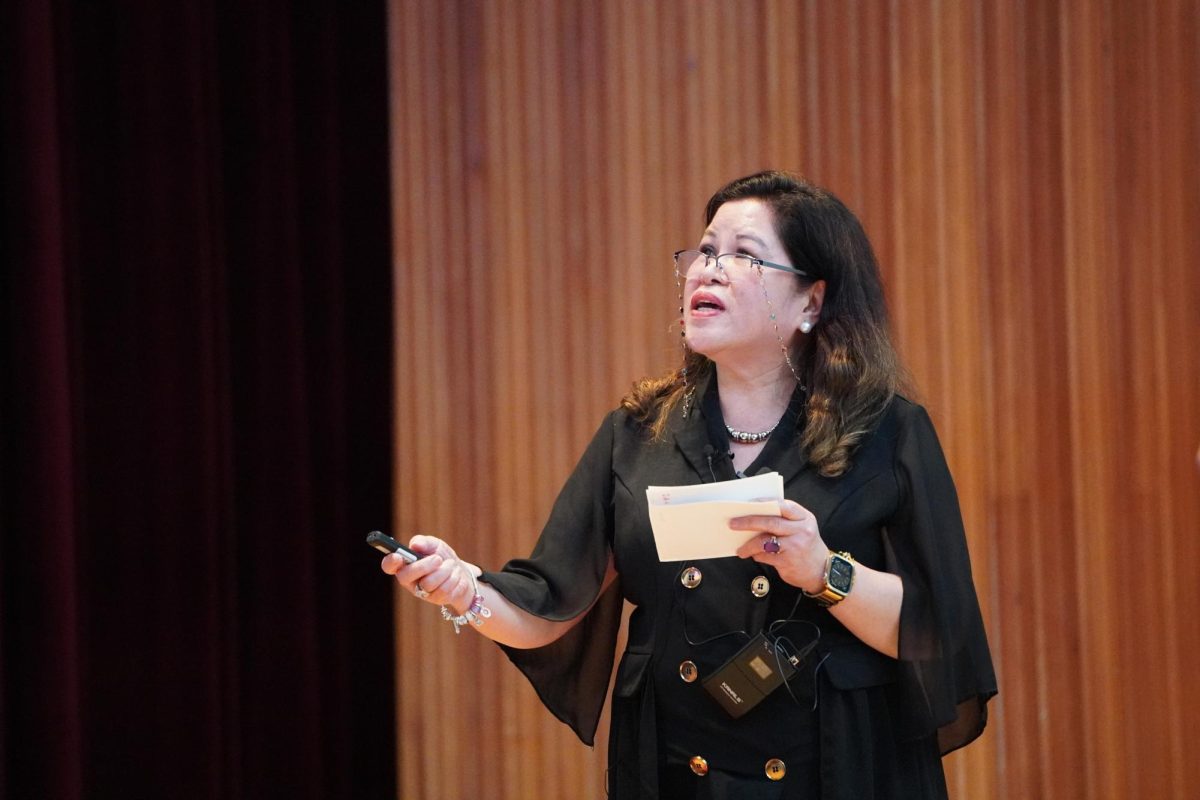





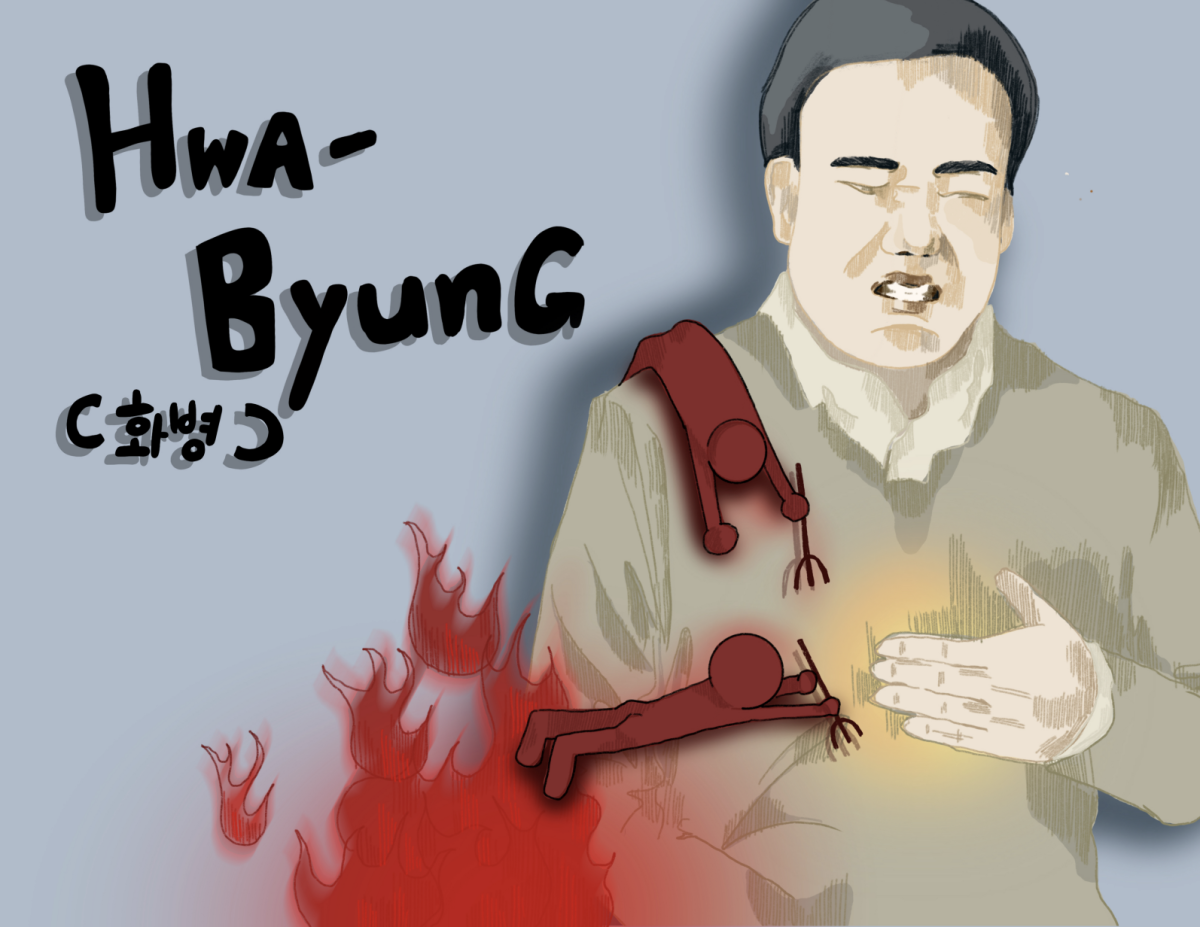



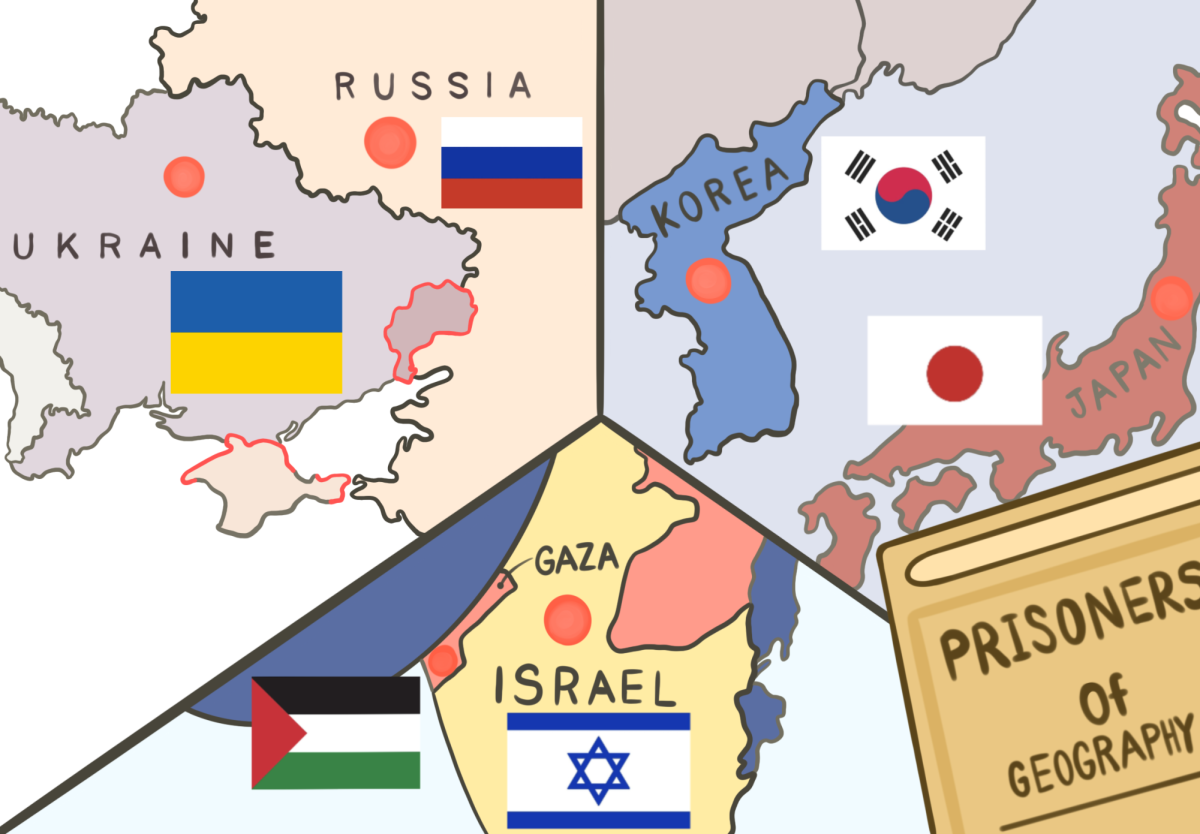



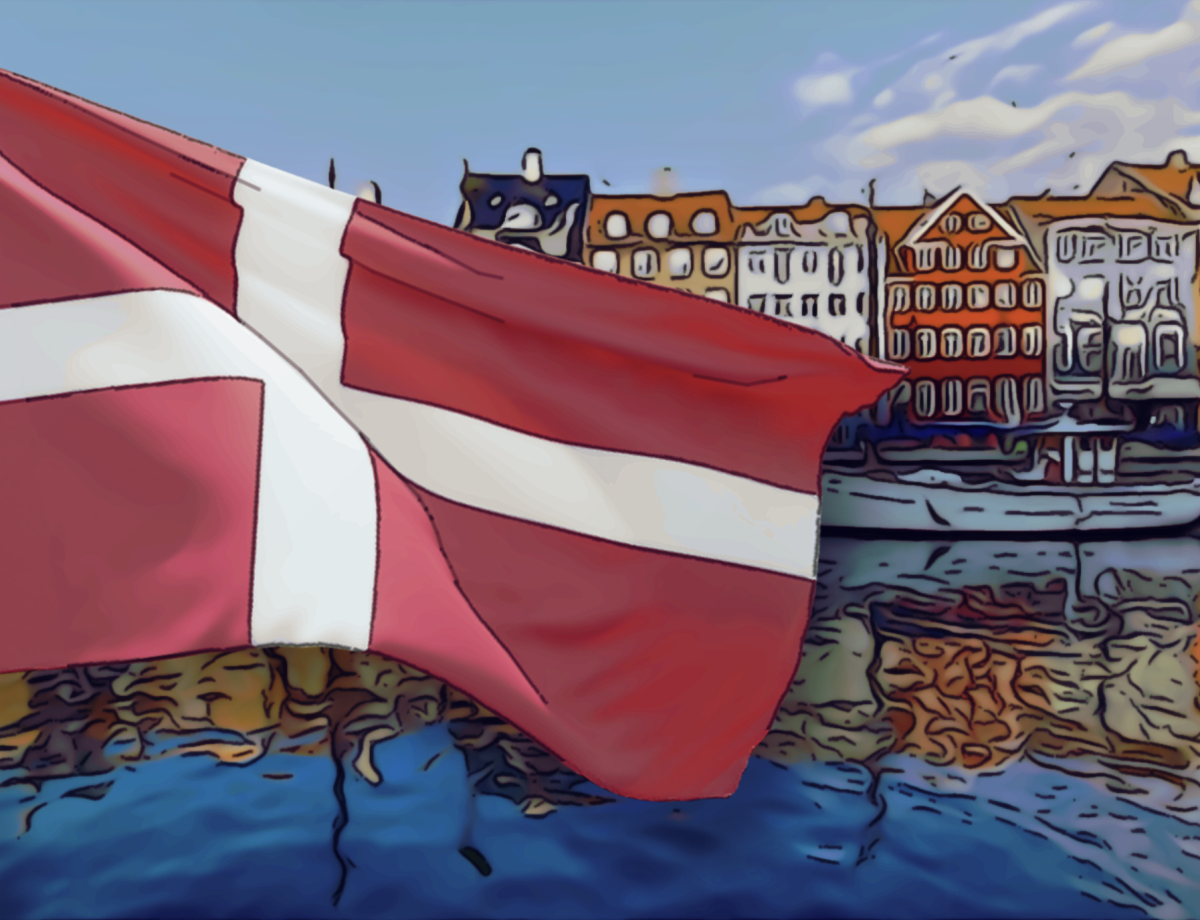






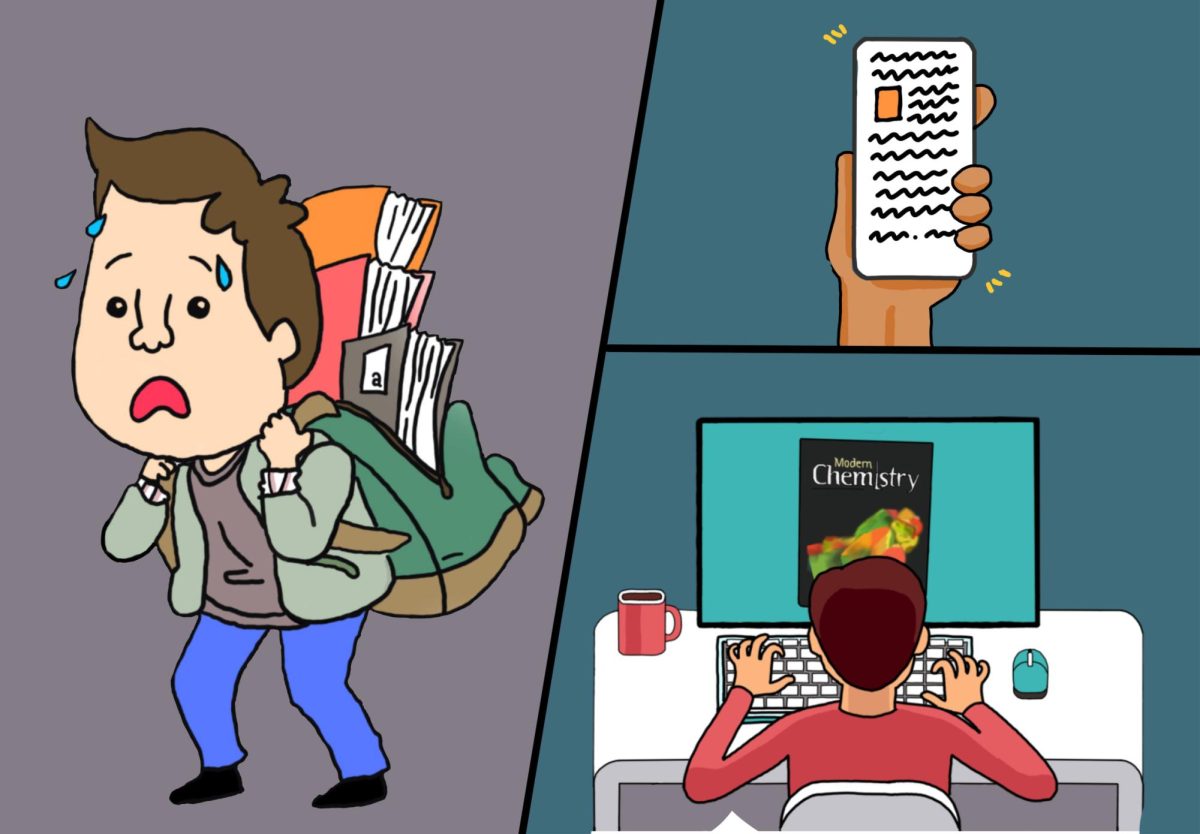
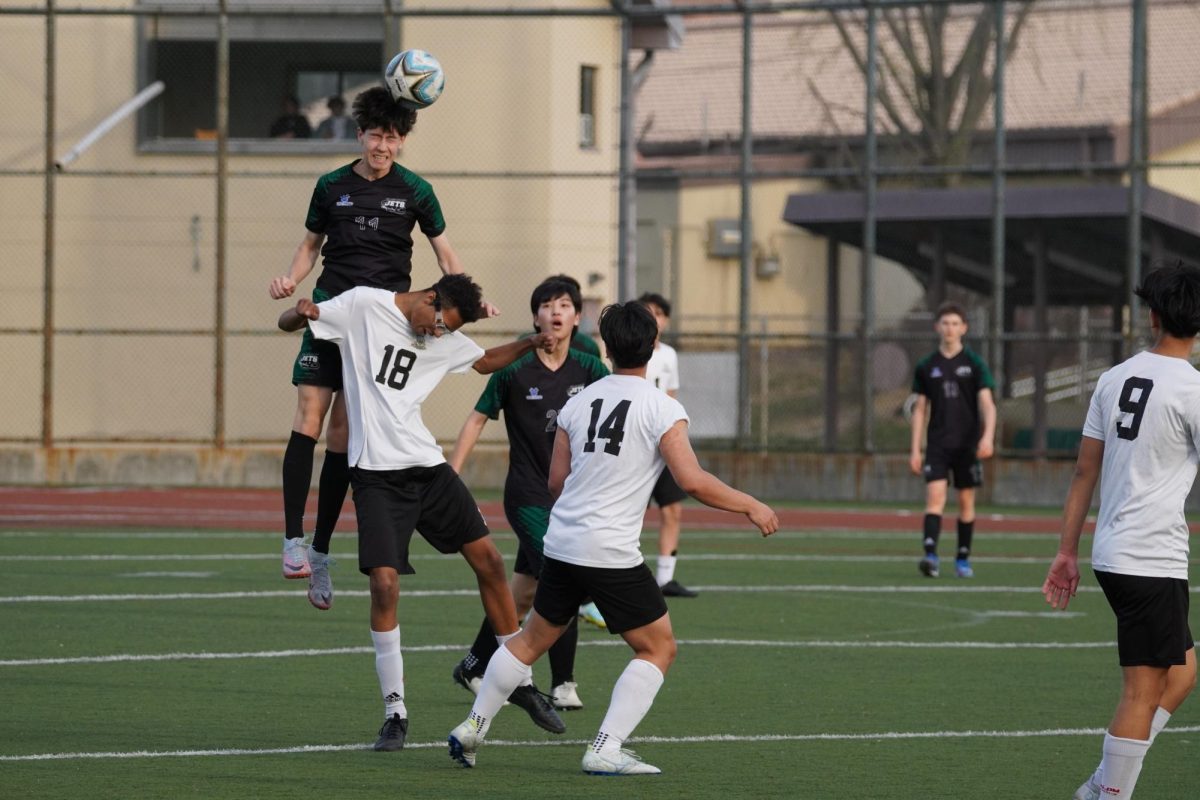






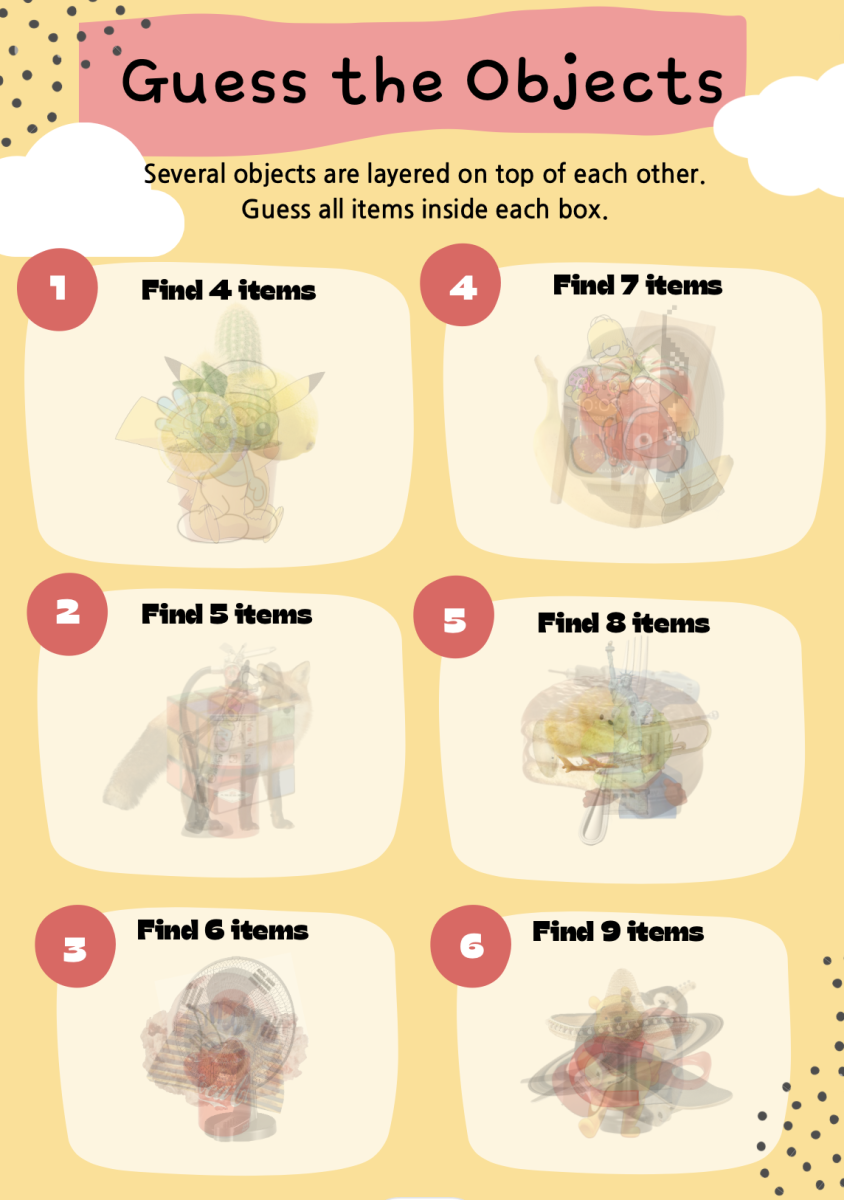
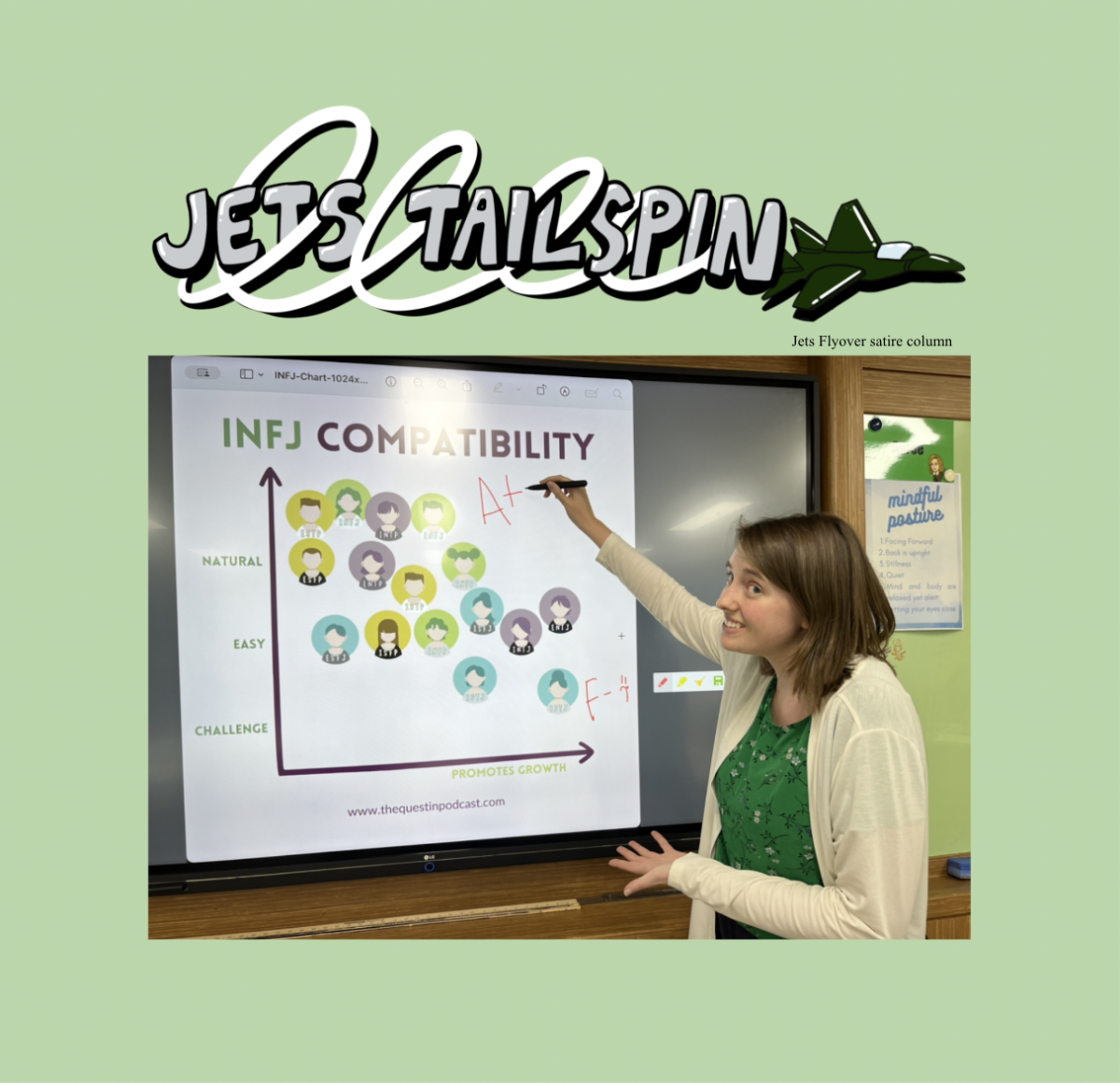

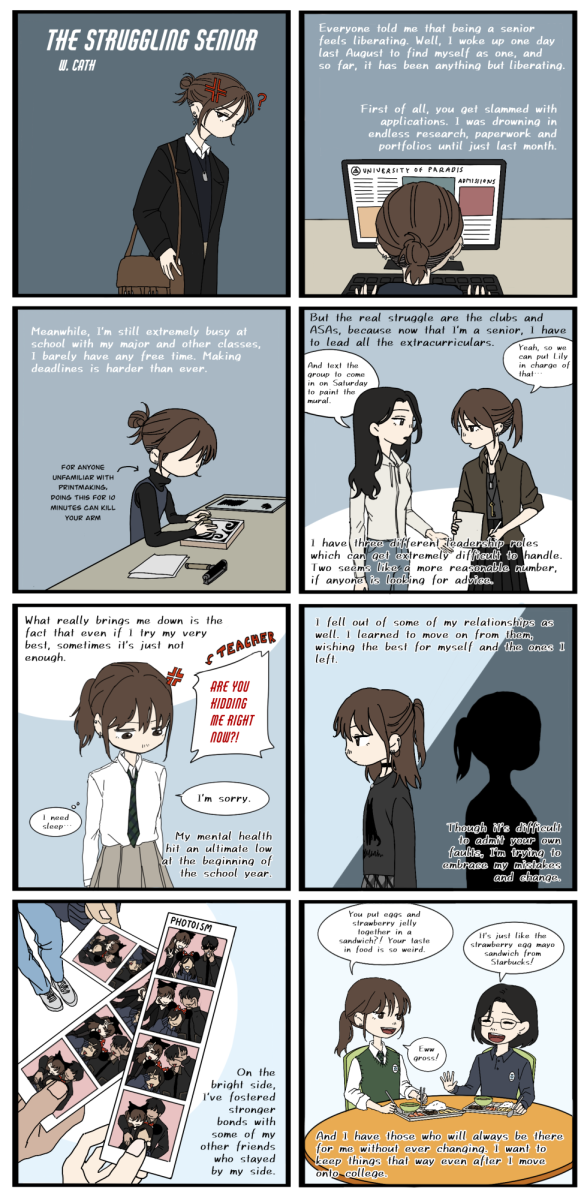

![[Podcast] Bet on Bonnie Episode 1: Haydn Mangione](https://jetsflyover.com/wp-content/uploads/2024/05/jbspodcasts-1200x951.png)
![[Podcast] Jets Jukebox Episode 1: Bleachers, Self-Titled](https://jetsflyover.com/wp-content/uploads/2024/04/Jets-Jukebox-LOGO-1-1200x1200.png)











Jerome Kwon • Apr 25, 2024 at 7:24 pm
What a beautiful article! The editor for this article must have put in great effort on this writing.